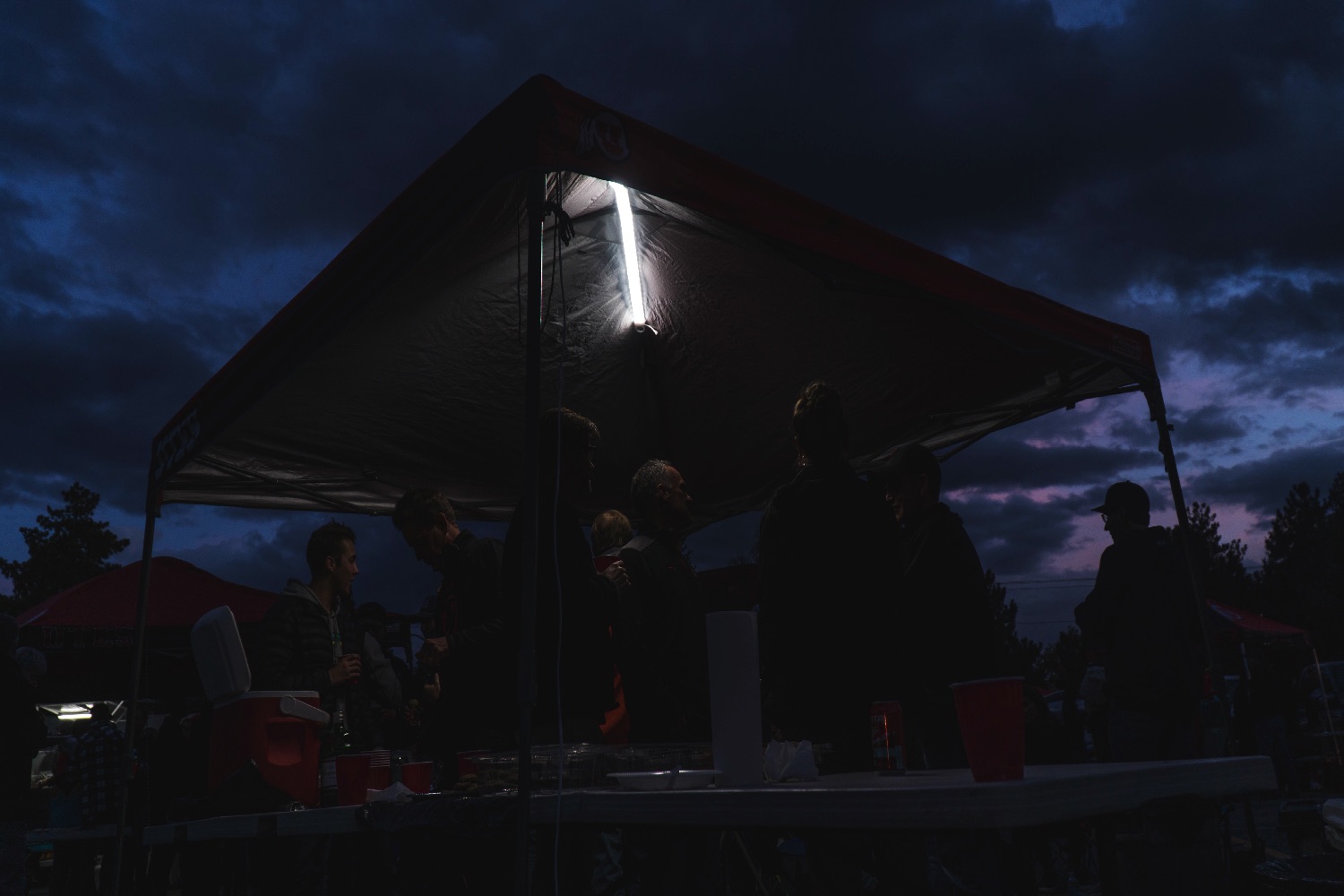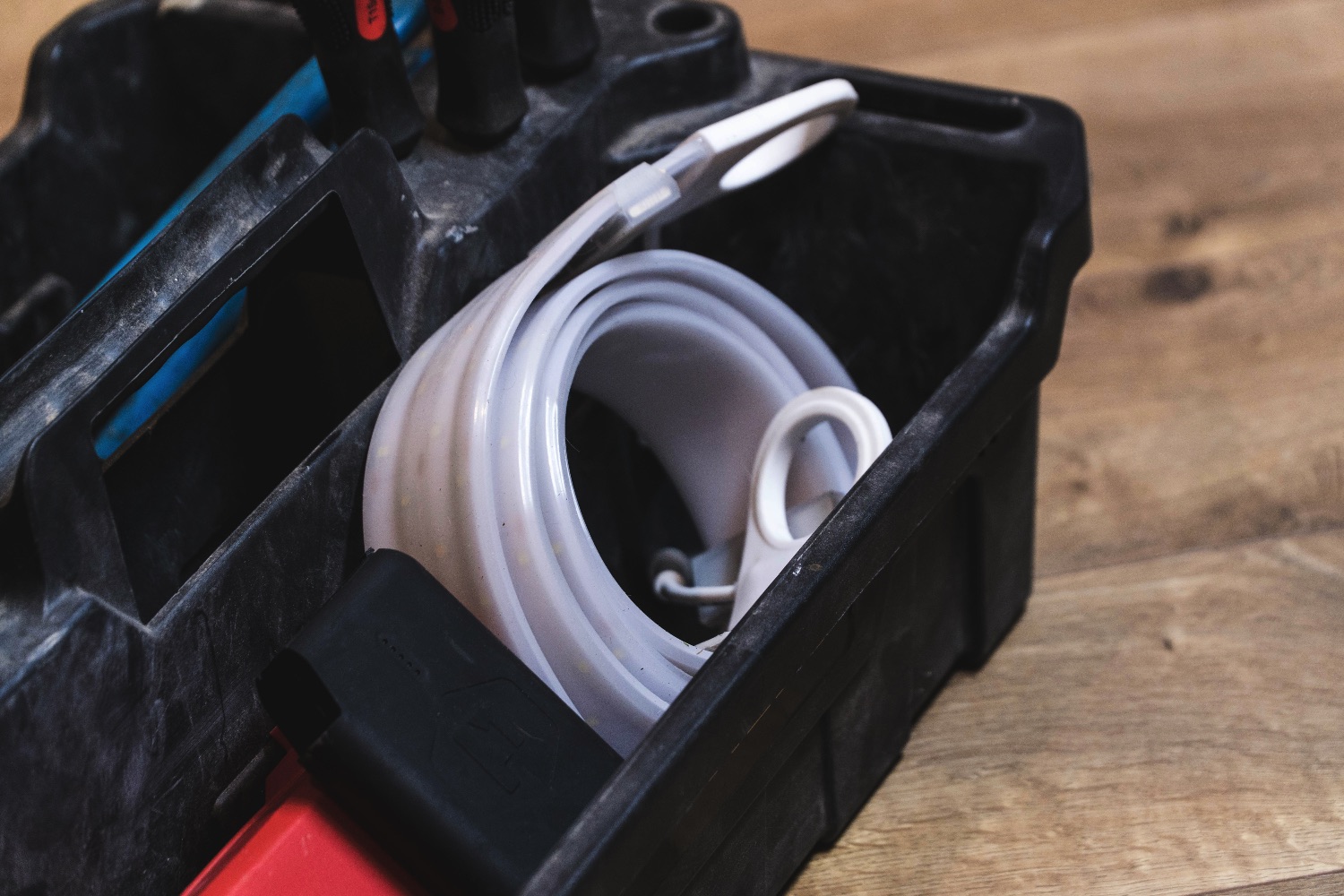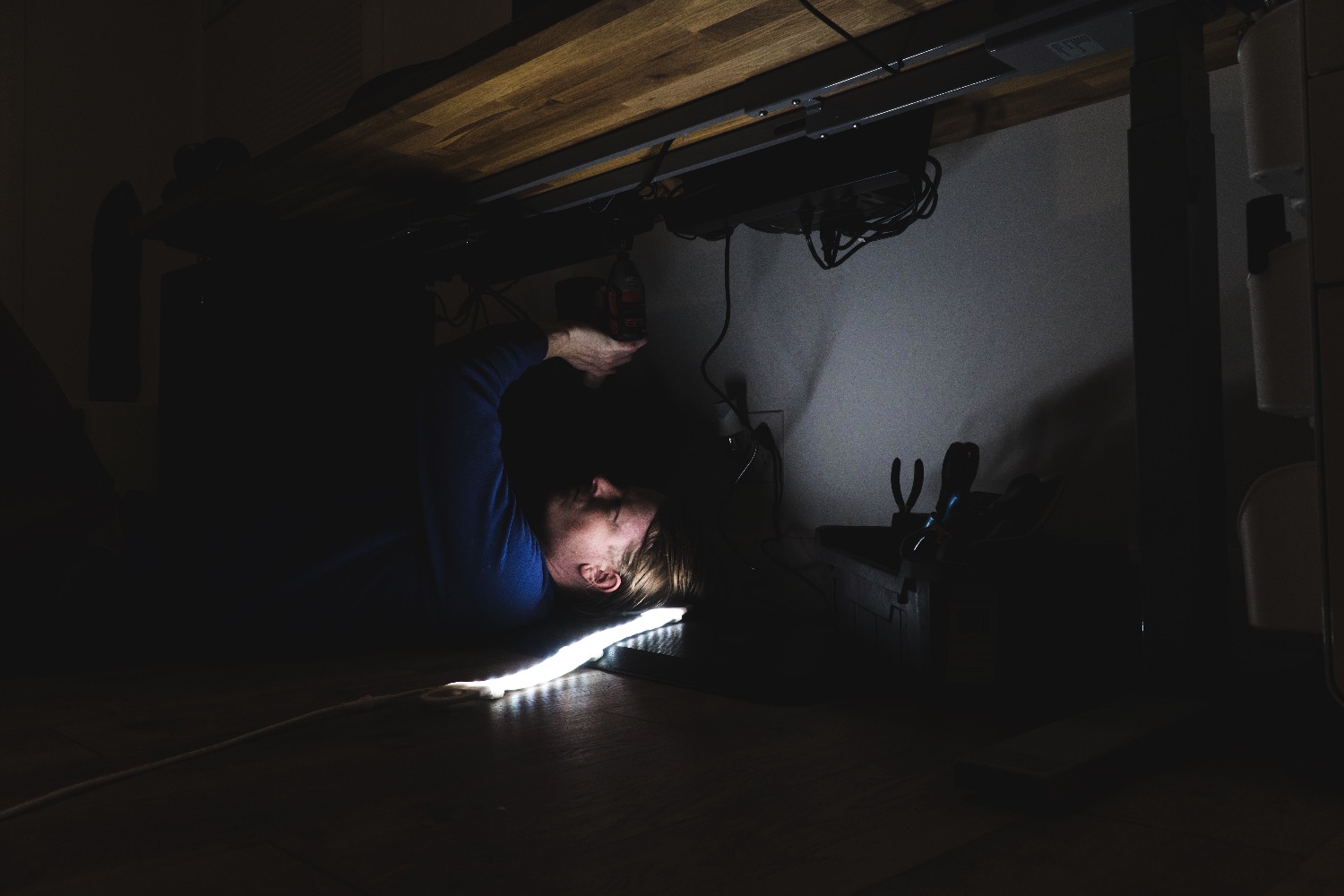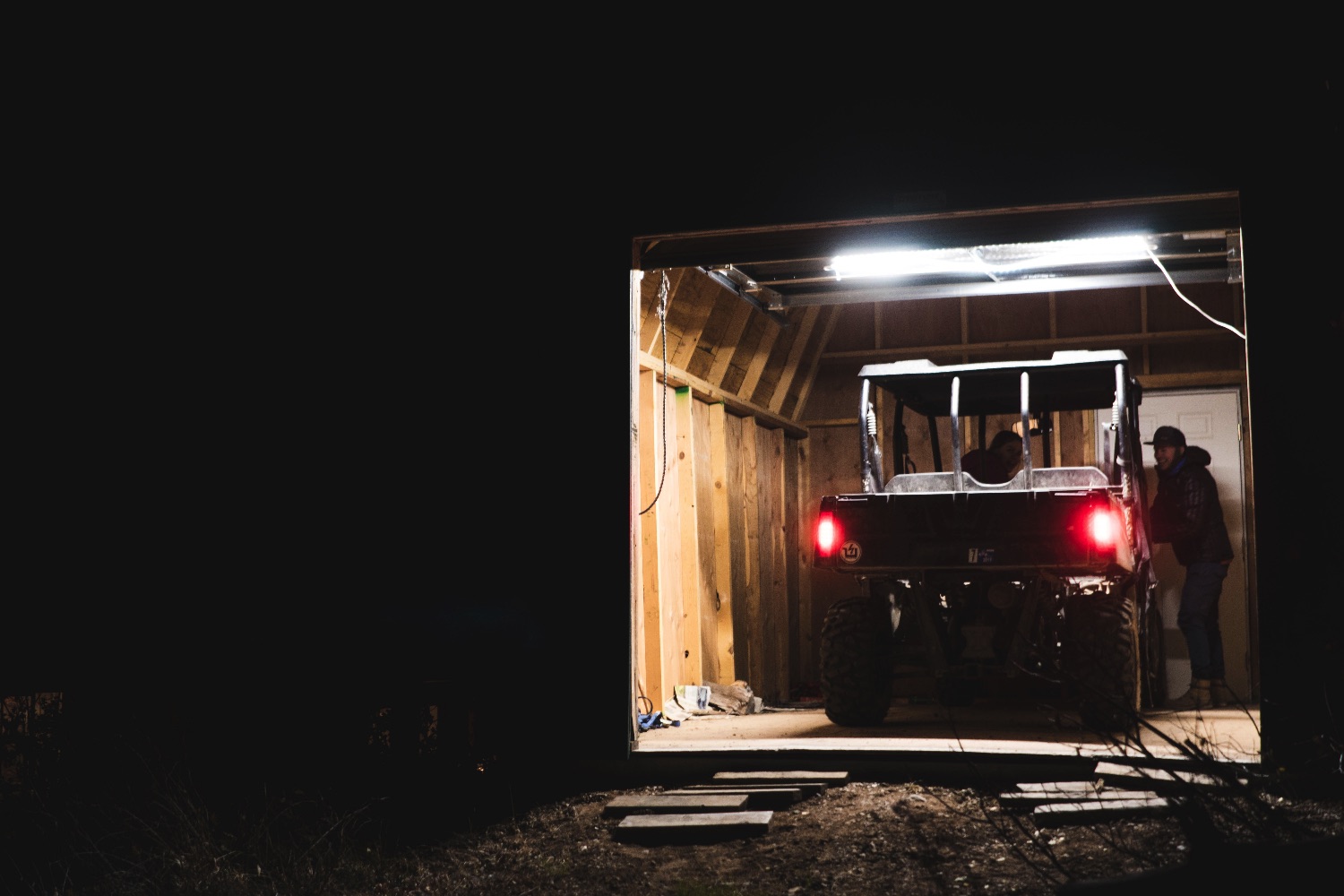“The Luminoodle Task is a first-of-its-kind utility light,” Wafiq Ali, director of sales for Power Practical, told Digital Trends. “At 3,600 lumens, it shines with the brightest utility lights you can buy, but unlike any light ever created, it’s bendable. It’s designed to be used in every fathomable low-light situation, from the inside of your car’s engine compartment to the rafters in your garage. Built-in magnets, oversized hanging loops, and easy 12V DC or USB power makes this the most versatile and capable work light in the world.”
The Luminoodle Task is available in three different versions. There is the aforementioned large 5-foot flexible light, a smaller USB edition, and a series of sections you can link together to provide — at least in theory — as much light as you want. This third feature is where the Luminoodle Task really (excuse the puns) shines. Ali describes the daisy-chaining ability of the Luminoodle Task Link as “probably our most requested feature,” and one of the reasons the team went back to the drawing board to create this new model. In addition to its linking ability, the new models are also, “bigger and brighter than anything we’ve made yet.”
It’s definitely a nifty tool and one for which there is no shortage of possible applications. “There are quite a few use-cases that we envision with this product, but we are most stoked to see what other people dream up once we get it in their hands,” Ali continued.
If you would like to get hold of a unit for yourself, you can currently place a pre-order on Kickstarter, where prices start at $44. Shipping is set to take place in May.







